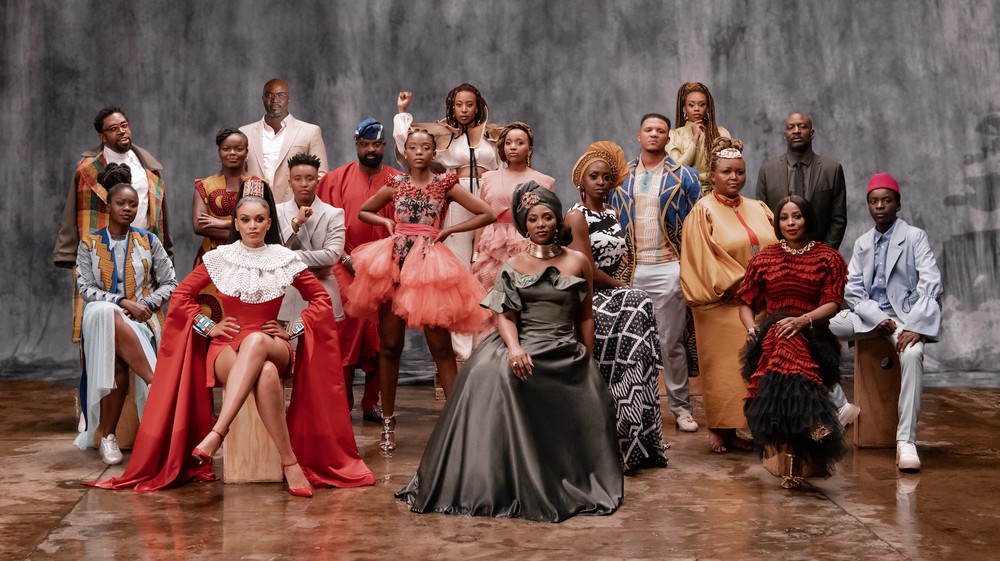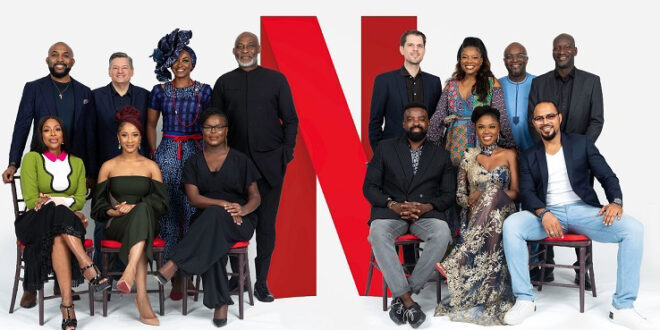After The Daily Reality’s article, Netflix Naija considers Kannywood filmmakers
By Muhammadu Sabiu Barely thirty hours after The Daily Reality online newspaper published an article on the need to include Kannywood filmmakers in the Netflix Naija written by one of…

